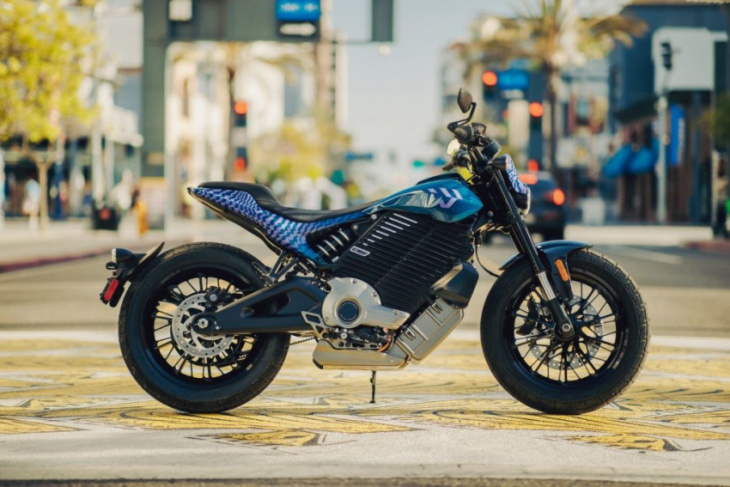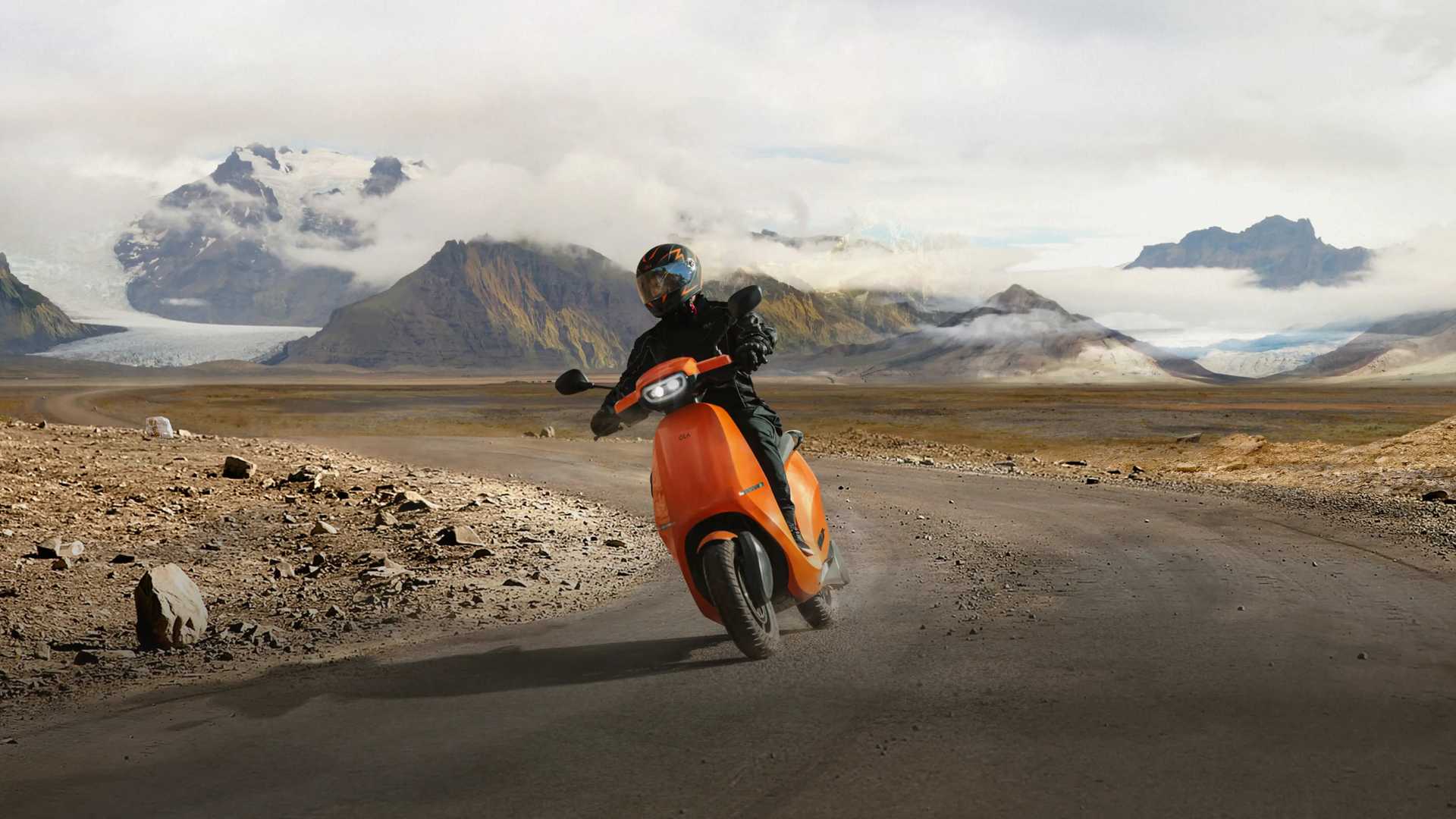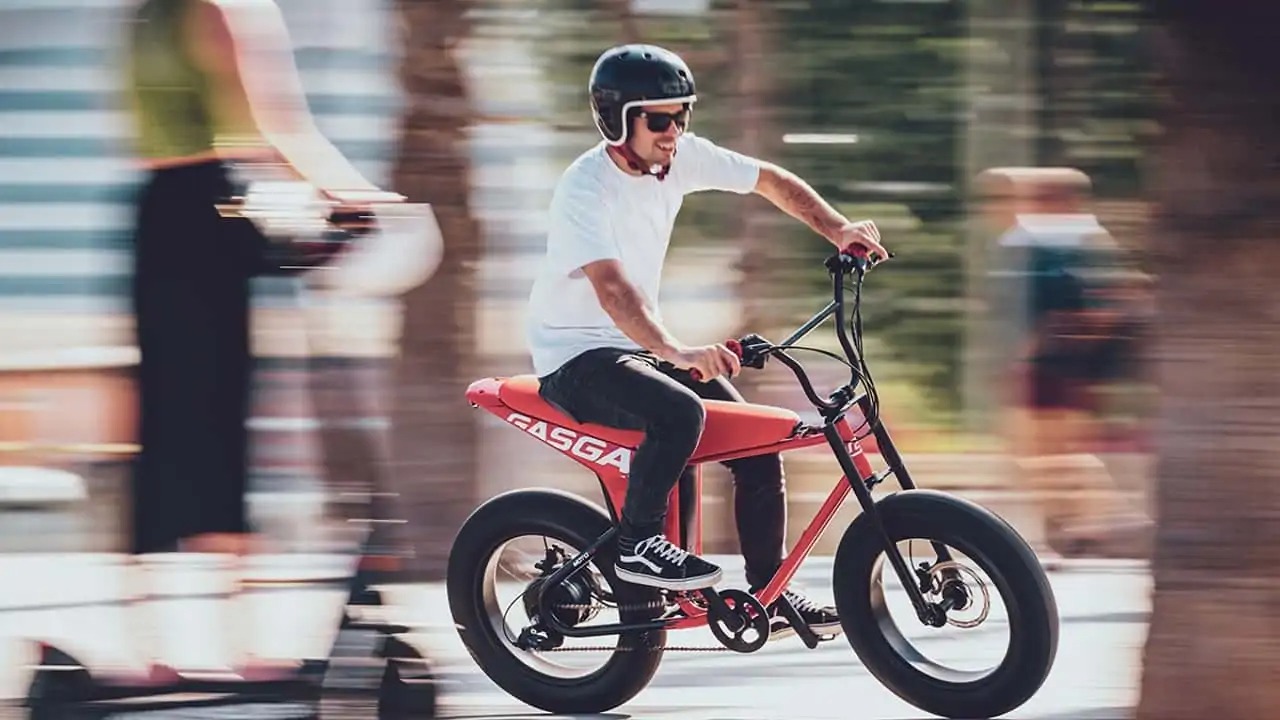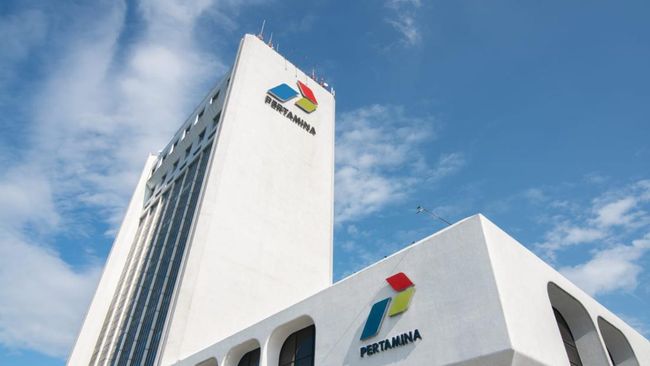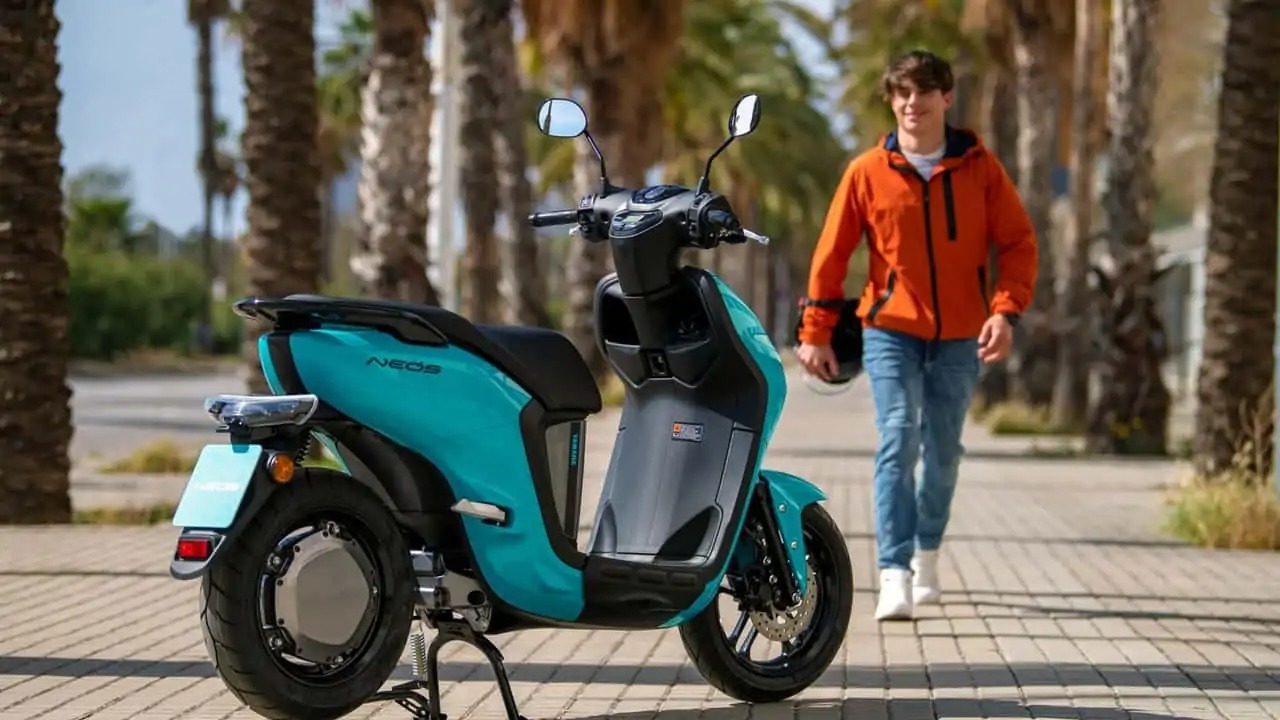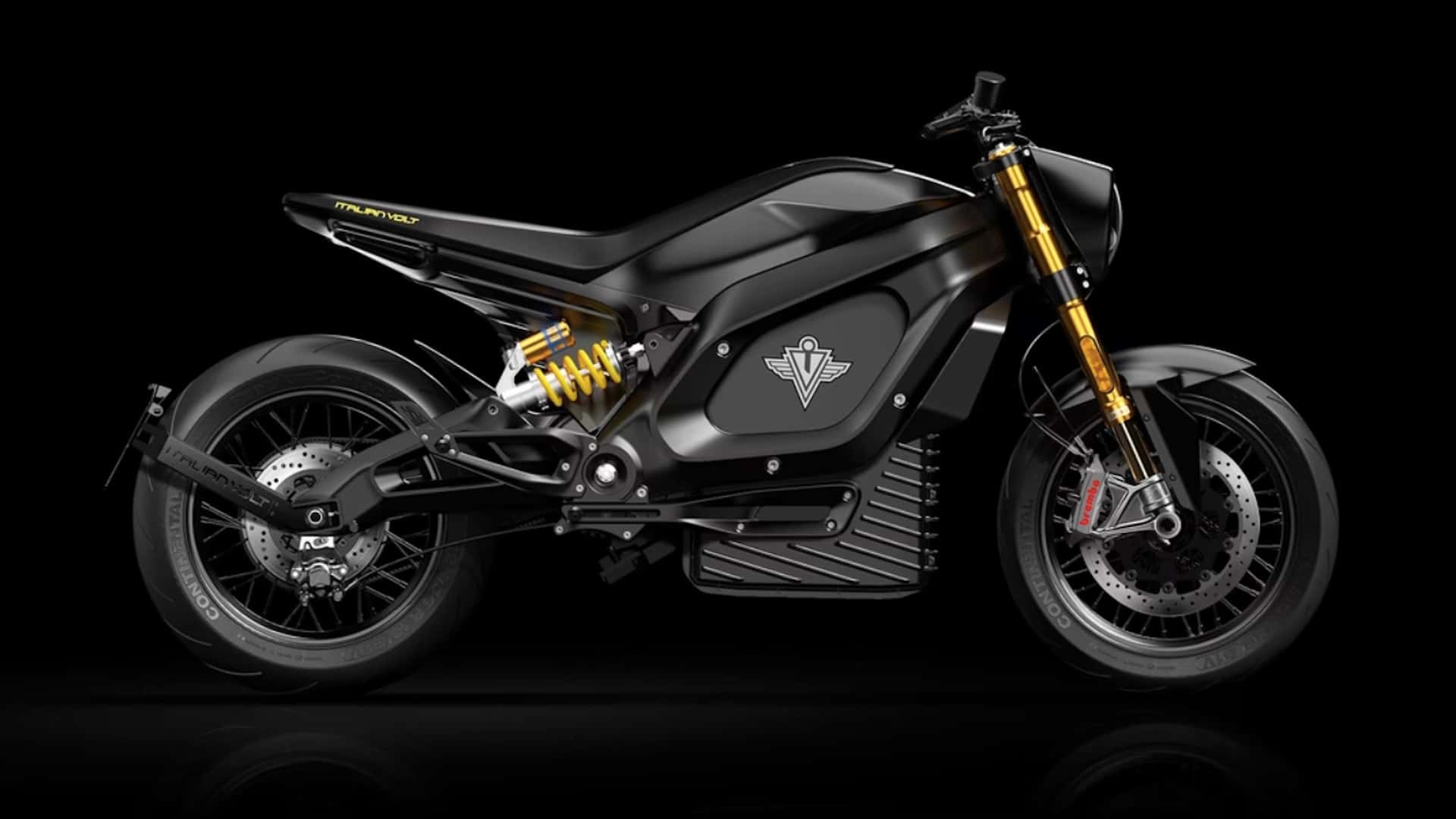Harley-Davidson, the renowned American motorcycle manufacturer, plans to introduce its electric motorcycles to the Japanese market in the coming year, as announced by the company’s CEO, Jochen Zeitz. This move demonstrates Harley-Davidson’s commitment to embracing electric drivetrains, making it one of the pioneers among legacy motorcycle manufacturers.
Harley-Davidson embarked on its electric journey almost a decade ago with Project LiveWire, which eventually led to the creation of the Harley-Davidson LiveWire electric motorcycle. While the bike received acclaim for its performance, its sales were modest due to its steep price tag of nearly US $30,000.
Undeterred by the initial response, Harley-Davidson relaunched the LiveWire under its new all-electric motorcycle brand, also called LiveWire. The revamped model, now known as the LiveWire One, is priced approximately US $7,000 lower than its predecessor, bringing the cost down to around US $23,000.
The LiveWire One is not the only offering from Harley-Davidson’s electric lineup. The company’s second electric motorcycle, the LiveWire S2 Del Mar, is set to be released to customers later this summer. This model is slightly smaller and more affordable, with a starting price just above US $15,000. By introducing the LiveWire S2 Del Mar, Harley-Davidson aims to cater to a broader market segment, particularly targeting younger urban riders who may have found the flagship electric motorcycle financially out of reach in previous years.
Although Jochen Zeitz did not specify which LiveWire model would be introduced in Japan, it is likely that the smaller S2 Del Mar would be the preferred choice. Additionally, Zeitz hinted at the possibility of Harley-Davidson bringing its smaller Chinese-manufactured X350 motorcycle, which is powered by a combustion engine, to the Japanese market.
This announcement from an American motorcycle manufacturer entering the Japanese market with electric motorcycles comes at a time when Japanese motorcycle manufacturers have been relatively slow to embrace the electric motorcycle market. Honda, Yamaha, Suzuki, and Kawasaki, collectively known as the Big Four, have largely overlooked electric motorcycles over the past decade. Only recently have they begun showcasing concepts and prototypes, although many of these efforts have fallen short in terms of specifications, especially when compared to Harley-Davidson’s high-performance electric motorcycles, boasting impressive 0-60 mph acceleration times of just three seconds.
In an attempt to establish a standard for swappable electric motorcycle batteries, the four Japanese motorcycle makers formed a consortium. However, hopes for a more powerful product were dampened when it became apparent that Honda’s smaller Gogoro-style battery would likely become the prevailing standard.
While Honda has pledged to unveil several electric motorcycles in the coming years, the models seen thus far resemble electric scooters and mopeds, such as the Honda e-Cub. As the electric motorcycle market gains momentum, the entrance of Harley-Davidson’s offerings into Japan signals a significant development, potentially challenging the status quo and encouraging Japanese manufacturers to accelerate their electric motorcycle efforts.

